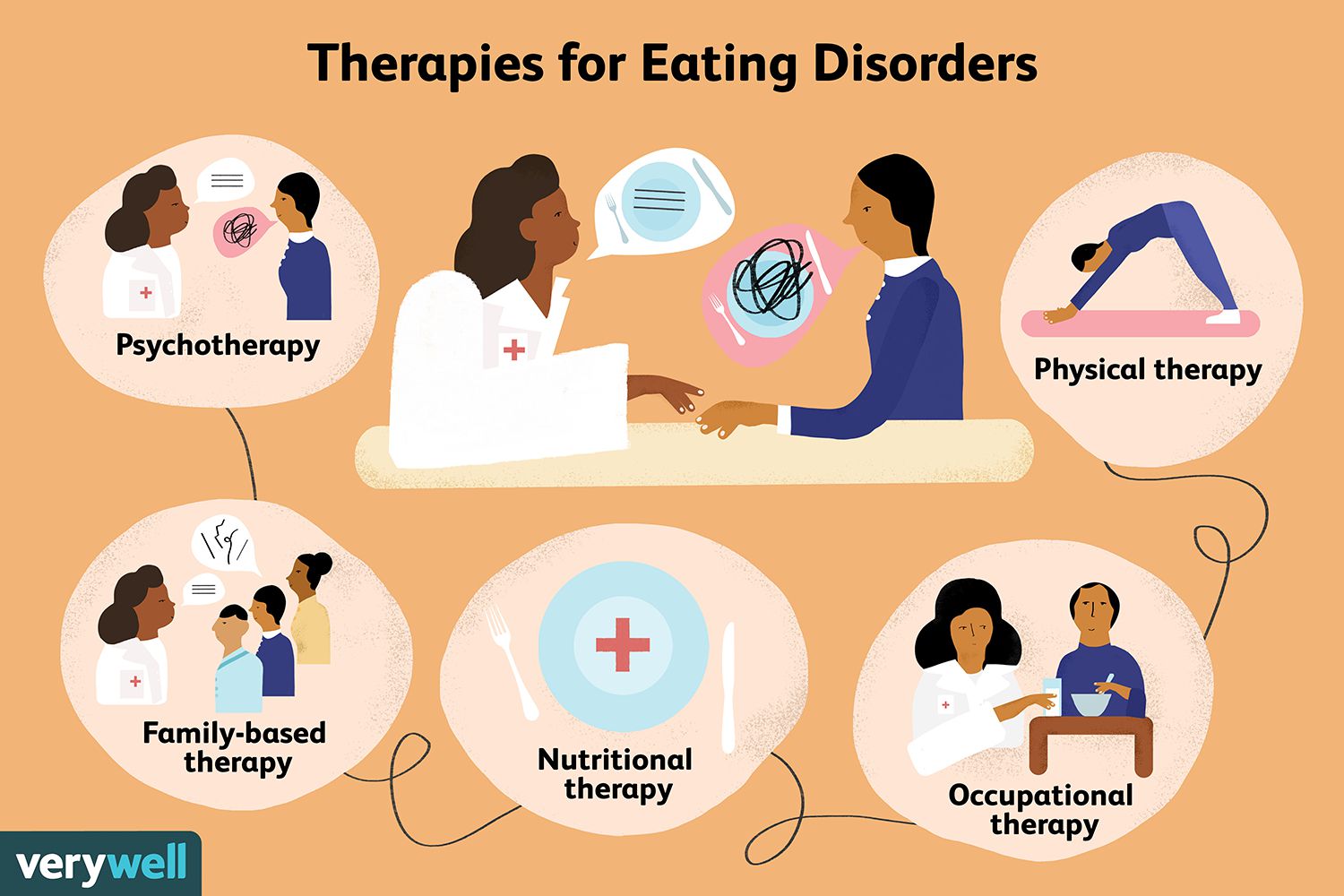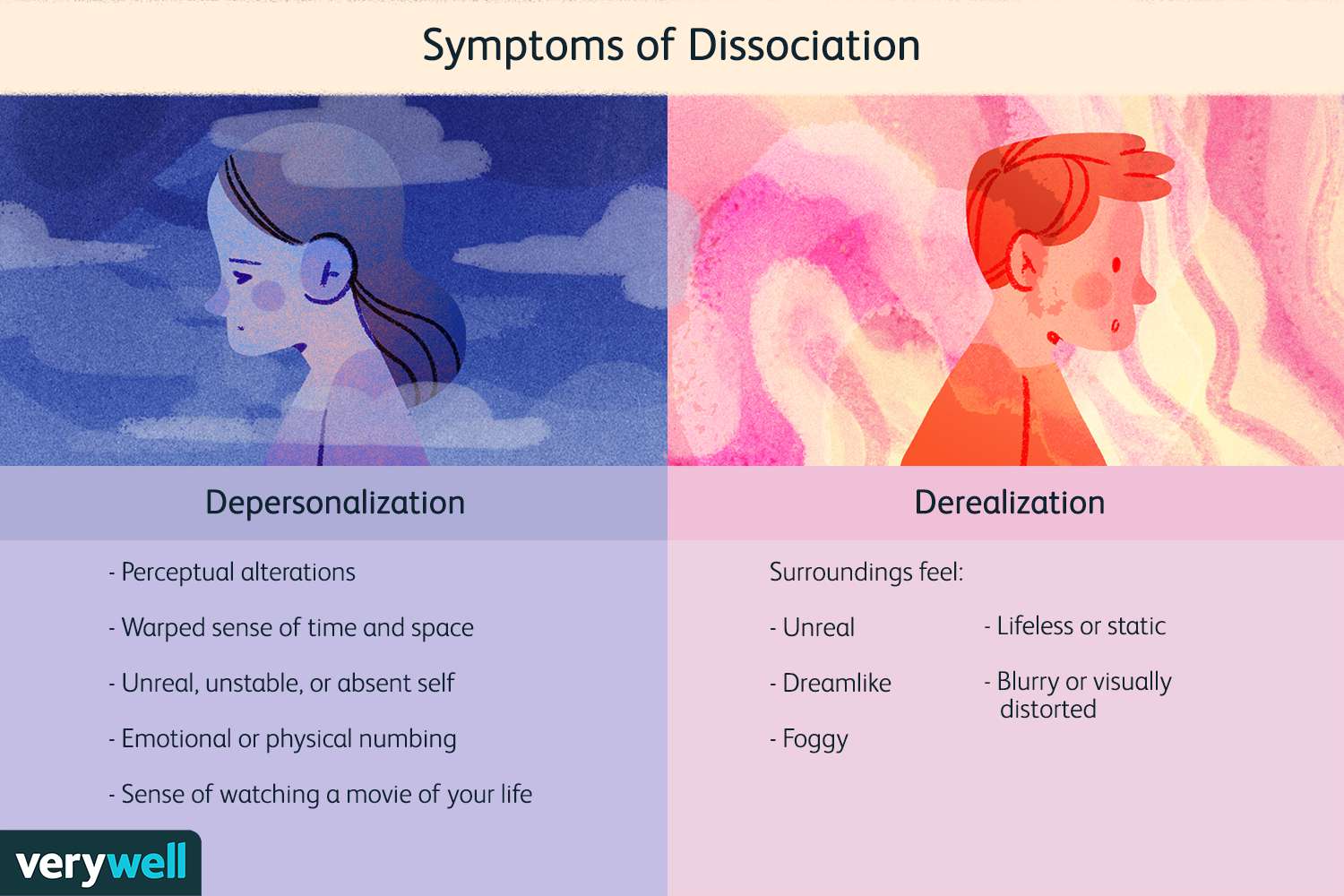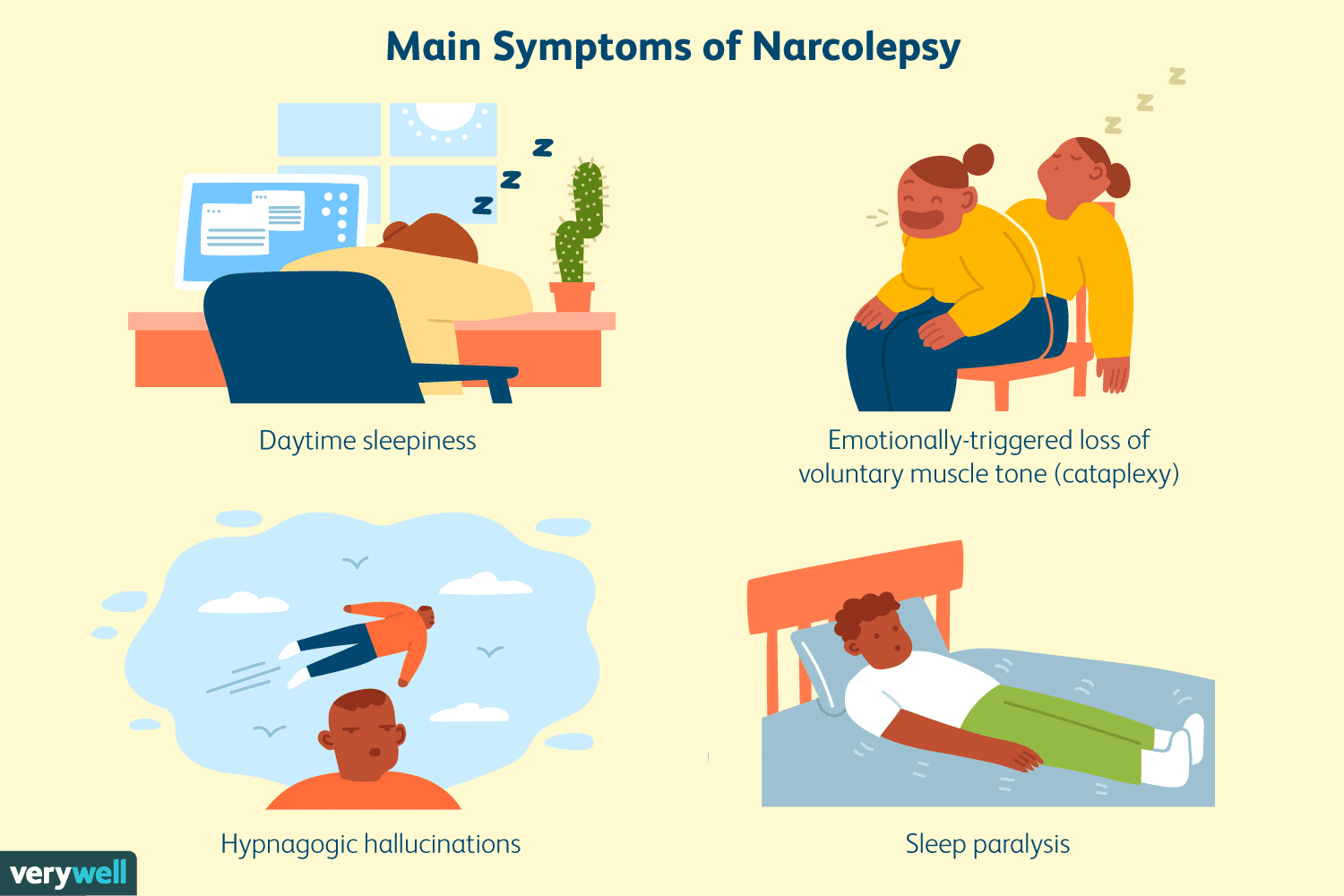Eating disorders are serious mental health conditions characterized by unhealthy eating behaviors and distorted body image. They can significantly impact a person’s physical and emotional health.
Common Types of Eating Disorders
- Anorexia Nervosa: An eating disorder characterized by an intense fear of gaining weight, a distorted body image, and restrictive eating behaviors.1
- Bulimia Nervosa: An eating disorder characterized by binge eating followed by purging behaviors, such as vomiting, excessive exercise, or laxative abuse.
- Binge Eating Disorder: An eating disorder characterized by recurrent episodes of binge eating without compensatory behaviors.
Symptoms of Eating Disorders
Symptoms of eating disorders can vary depending on the specific type, but may include:
- Distorted Body Image: A distorted perception of one’s body shape and size.
- Extreme Weight Fluctuations: Significant weight loss or gain.
- Restrictive Eating: Limiting food intake or avoiding certain food groups.
- Binge Eating: Consuming large amounts of food in a short period of time.
- Purging Behaviors: Vomiting, using laxatives, or excessive exercise to avoid weight gain.
- Social Withdrawal: Isolation from friends and family.
- Mood Swings: Irritability, anxiety, and depression.
Causes of Eating Disorders
The exact causes of eating disorders are not fully understood, but a combination of biological, psychological, and environmental factors may contribute to their development. Some potential causes include:
- Genetic Factors: A family history of eating disorders or other mental health conditions may increase the risk.
- Psychological Factors: Low self-esteem, perfectionism, and negative body image can contribute to the development of eating disorders.
- Social and Cultural Factors: Societal pressure to be thin and the idealization of thinness can contribute to eating disorders.
- Biological Factors: Imbalances in neurotransmitters, such as serotonin and dopamine, may play a role.
Treatment of Eating Disorders
Treatment for eating disorders often involves a multidisciplinary approach, including:
- Psychotherapy: Cognitive-behavioral therapy (CBT) can help individuals identify and challenge negative thoughts and behaviors related to food and body image.
- Medication: Antidepressants may be used to address underlying mental health conditions, such as depression and anxiety.
- Nutritional Counseling: Registered dietitians can provide guidance on healthy eating habits and meal planning.
- Medical Monitoring: Regular medical check-ups are important to monitor physical health and address any nutritional deficiencies.
If you or someone you know is struggling with an eating disorder, it’s important to seek professional help. Early diagnosis and treatment can significantly improve the chances of recovery.



